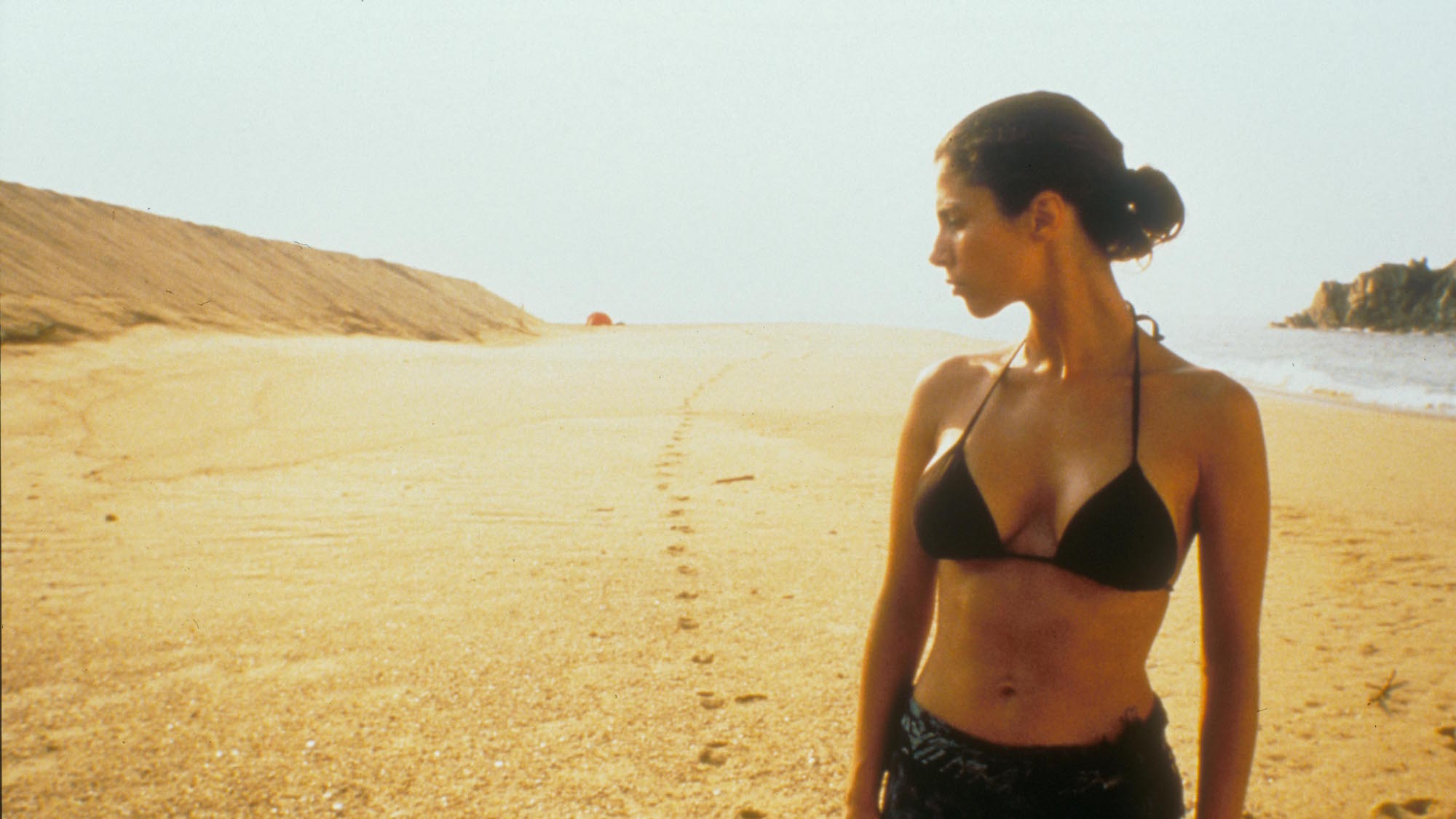Dying is actually more positive than you think it is according to science
'Meeting the grim reaper may not be as grim as it seems.'


'Meeting the grim reaper may not be as grim as it seems.'
It turns out that there really might be a light at the tunnel. A new study has revealed that many people on the verge of death actually become more positive towards the end of their life, based on research compiled from the words of terminally ill patients and death row inmates.
While the thought of death is a terrifying one for most of us, researchers at the University of North Carolina found that people’s outlook on life actually improved the closer they became to death. They conducted two studies, one around people suffering from terminal cancer and ALS victims and another around death row inmates, and analysed their blog posts as well as poetry. Using a programme that tracked positive words such as ‘love’ and ‘happiness’ as well as negative ones like ‘fear’, ‘terror’ and ‘anxiety’, they charted how frequently they occurred throughout the course of the departed’s final journey.
They found that while the number of more pessimistic words didn’t change over time, people actually spoke of love and happiness as they neared death. The study, which was published in the Psychological Science journal, also found that people sought the significance in their lives, focusing ‘on things that help us make meaning of life, including religion and family, suggesting that such things may help to quell anxiety about death as it approaches’.
Kurt Gray, one of the lead scientists on the project said, ‘In our imagination, dying is lonely and meaningless, but the final blog posts of terminally ill patients and the last words of death row inmates are filled with love, social connection, and meaning.’
However, he did make it clear that everyone’s journey is uniquely different and flagged that the study only specifically focuses on ALS and cancer sufferers, as well as death row inmates. He also fixated on a recent Valentine’s Day essay titled You May Want To Marry My Husband from the New York Times’ Modern Love column, in which writer Amy Krouse Rosenthal beautifully celebrated her life with her husband Jason as she neared death. She passed away ten days at 51 years old after it was published.
Rosenthal’s piece took the form of a dating advertisement for her husband and she wrote, ‘I want more time with Jason. I want more time with my children. I want more time sipping martinis at the Green Mill Jazz Club on Thursday nights. But that is not going to happen. I probably have only a few days left being a person on this planet...I am wrapping this up on Valentine’s Day, and the most genuine, non-vase-oriented gift I can hope for is that the right person reads this, finds Jason, and another love story begins.’
Marie Claire Newsletter
Celebrity news, beauty, fashion advice, and fascinating features, delivered straight to your inbox!
Gray said of the results, ‘When we imagine our emotions as we approach death, we think mostly of sadness and terror. But it turns out, dying is less sad and terrifying—and happier—than you think.’
The study also asked a group of people to pretend they were nearing death and to write a series of poems, contrasting them against real death row inmates’ writing. The simulated letters were surprisingly and unanimously more negative than the real poems, which says a lot about how we view death until we actually approach it.
The study states, ‘Currently, the medical system is geared toward avoiding death—an avoidance that is often motivated by views of death as terrible and tragic. This focus is understandable given cultural narratives of death’s negativity, but our results suggest that death is more positive than people expect: Meeting the grim reaper may not be as grim as it seems.’
Megan is a freelance journalist who covers entertainment and all things lifestyle, with a particular passion for fashion, beauty, travel and Keanu Reeves stories. She has previously worked on staff for titles including Marie Claire UK, CNN Style and The Evening Standard and has written for titles such as Bustle UK, Wallpaper*, Forbes and Hong Kong Tatler. She splits her time between London and her hometown Hong Kong, where she currently lives with the love of her life - an elderly dog named Poppy - and her husband.


